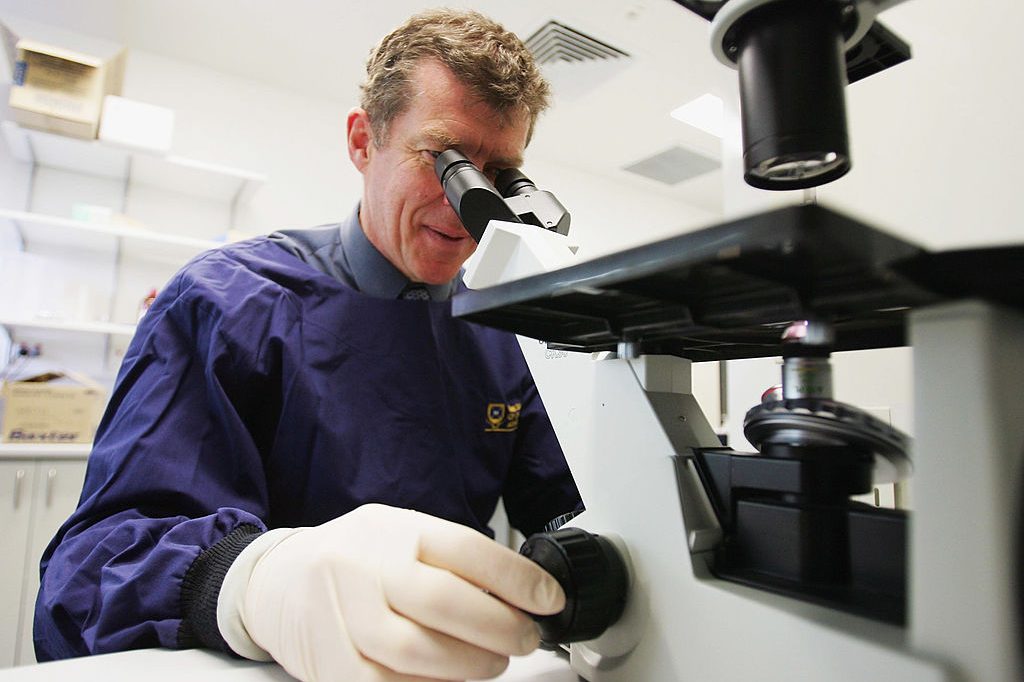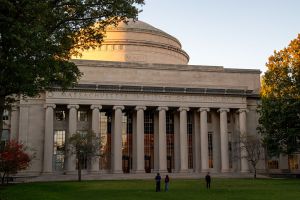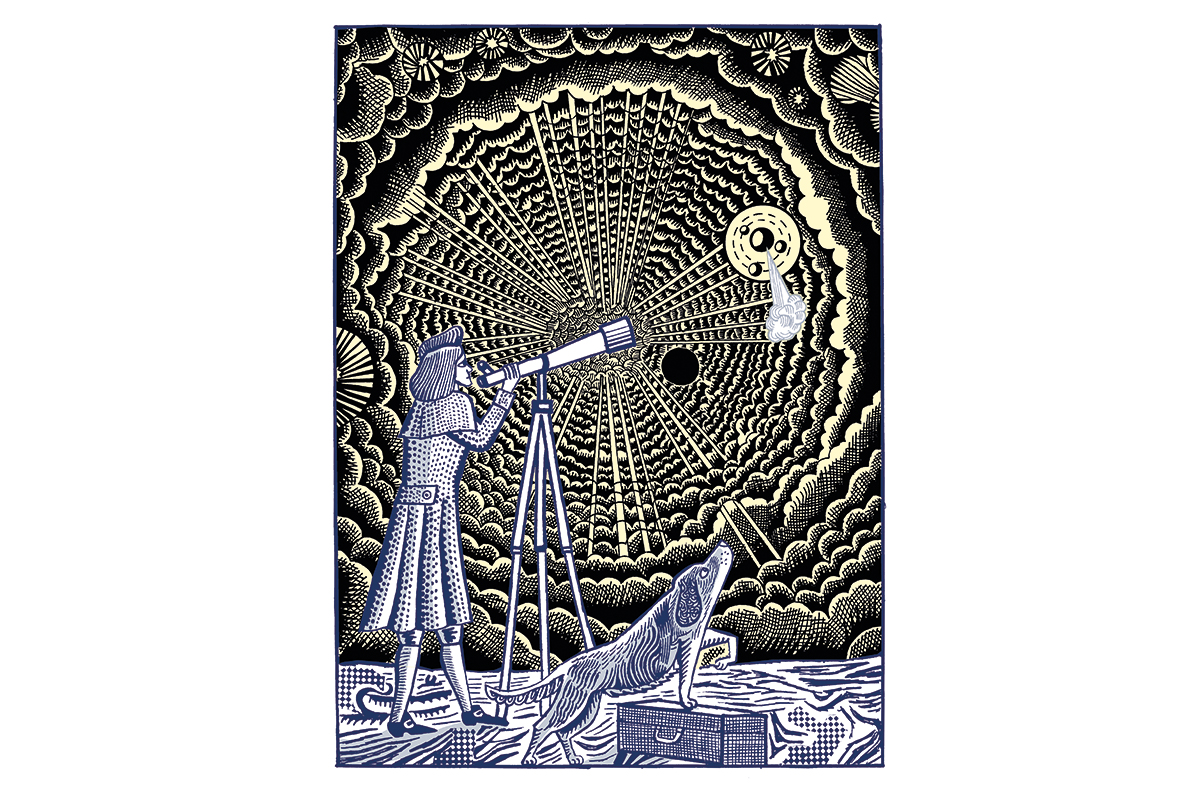After generations of treating the universe as mere matter to be bent to our will, it seemed inevitable that the future of humanity would be to merge with machines. Billionaires and tech utopians now predict a near future in which the human mind itself might be “downloaded” or transferred into a digital realm, allowing us to overcome death itself by slipping the bonds of our physical existence altogether. Modern-day prophets like Yuval Noah Harari proclaim that we have embarked on a second industrial revolution, though the product this time will not be machines or vehicles or powerful new weapons but human beings themselves.
There’s a certain logic to this way of thinking. The scientific revolution that disenchanted the medieval world unlocked astounding new technologies, conferring extraordinary human power over the natural world. Religion gave way to secular materialism, which had no need for blind faith or belief in a supernatural God. Everything that could be known — everything that was real — could be measured with our instruments. Religious faith was nothing more than ignorant superstition, disproven and discredited by science and mathematics. Only matter must be real, only numbers can reveal the truth of things.
That’s the story, anyway, that we inherited from the previous century. But it’s completely wrong. Despite surface appearances, the age of scientific materialism is coming to an end. A re-enchantment of the world is underway, for good and for ill. That’s not to say a religious revival is imminent — indeed, church attendance across the West continues its steady decline — but that the reign of materialism is ending. There are many overlapping reasons for this shift, and the new book by Spencer A. Klavan, Light of the Mind, Light of the World: Illuminating Science Through Faith, offers a compelling case that one of the main reasons is that science itself is leading us away from the rigid materialism of the last century and toward an integrated view of the universe that will bring us back to God and a rediscovery of the human soul.
“Our philosophical assumptions about science are hundreds of years old,” writes Klavan. “They have not kept pace with scientific knowledge — indeed, not even many AI visionaries (or dystopians) seem to understand this. We still think in terms of matter in motion, of atoms and energy, tiny chunks or materials colliding, attracting, and repelling in an endless cosmic flow.”
To explain why this way of thinking is outdated and misleading, Klavan takes his reader through a brief but brilliantly executed history of scientific discovery, from the ancient Greek philosophers to the inventors of the atomic bomb. Through his survey, he traces the origins of the mechanical universe, and shows how it eventually led to quantum physics, which should have obliterated the materialist, mechanical worldview.
That it didn’t is a serious problem, argues Klavan, because it distorted not only our grasp on reality but our ability to incorporate the latest revelations of scientific inquiry — namely, the reality that the universe is not a clock. As we peered ever deeper into the nature of the physical world, we discovered that the ironclad laws of nature promulgated down the centuries by the likes of Isaac Newton, Francis Bacon and even Albert Einstein could not account for how particles in space actually behave.
Fortunately, Klavan is a gifted writer and comfortable enough with his material that his reader need not be a physicist or a mathematician to follow his argument, which is that “the world is not made of material objects. It is made of the meeting between mind and matter.” Quantum mathematics, he insists, has revealed an ancient truth that the prophets of the mechanical universe tried but failed to discredit, which is that the mind and its perceptions are just as real as the physical world, and indeed that the physical world is only comprehensible with reference to the mind. “Quantum equations don’t describe the outlines of a world we can see and touch: they describe the limits where things cease to become tangible or visible. The world beyond those limits is not made of solid objects. Yet it is real.”
Quantum physics, in other words, affirms what Christians have always proclaimed in their creed, that God is the maker of all things, visible and invisible. Just because we cannot observe or measure matter, or light, or spirit, doesn’t mean these things aren’t real. The cosmos, it turns out, is not a mere collection of objects to be manipulated and dominated. Likewise, humanity is not something to be overcome or transformed with technology. The truth of our world is not a binary in which something is either empirically true or entirely false. There are levels and layers of reality that we can only faintly glimpse, not measure. If we really want to “follow the science,” it will lead us to these inexorable conclusions.
It’s long past time to discard the fundamentally false picture of the world given to us by the scientific revolution. Klavan has produced an elegant and impassioned argument helping to do just that.
This article was originally published in The Spectator’s February 2025 World edition.


























Leave a Reply